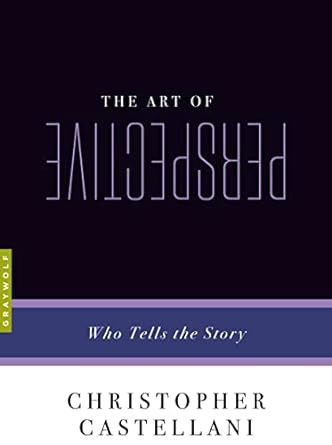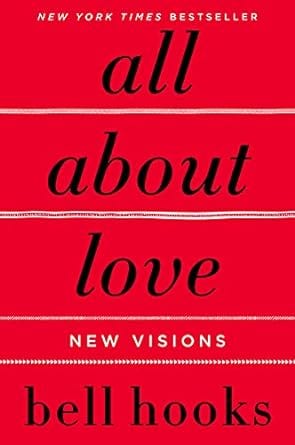Cathect: to invest with mental or emotional energy (Mirriam-Webster)
I first came across this word in Christopher Castellani’s craft book The Art of Perspective:
It implies an identification with a character, a throwing in of a lot with her. You can’t cathect with her from the sidelines; her heart beats along with yours. [Though] it doesn’t necessarily mean you like her” (Castellani 26).
Some Googling taught me that bell hooks also talks about cathexis in her book All About Love, where she describes cathexis as the process of a loved one becoming important.
It seems that for hooks, love and cathexis are separate, and Christopher Castellani agrees (“it doesn’t necessarily mean you like her”). You can cathect without love. hooks defines love as “the will to extend one’s self for the purpose of nurturing one’s own or another’s spiritual growth.” By this definition, then, if you’re invested in someone without caring about their spiritual growth, it’s not love, it’s chathexis. But can you love without cathecting? I guess I’ll have to read bell hooks to find out.
To further complicate things, where does empathy lie? Writers talk a lot about empathy in the context of characterization. Do our readers feel alongside our characters? Are our characters relatable? Empathy is about awareness of feelings, but cathexis seems to imply more action—the point at which we invest. The point when we’re there, in deep, with skin in the game, even though the game isn’t ours.
Cathexis: A direct line to that which you’re attending to, be it a character, person, or cause.
Writers hope that readers will cathect with their characters, or at the very least, the ideas they put forth on the page. Parents can’t help but cathect with their children. Spiritual practitioners cathect with their faith, congregation, values, and beliefs. As a mother-writer-wife-mystic, I get through uncertainty and the day-to-day grind with cathexis. When love (or confidence) isn’t present for a motherly-writerly-wifely-magical task, cathexis carries me through. I invest. I feed a direct line into caring about the outcome of something, hoping for returns I may not see. The investment itself feels valuable and necessary.
In The Art of Perspective, Castellani muses in a footnote, why don’t we use “cathect” more often? Probably because of the cathect-empathy-love bermuda triangle. Where does one bleed too much into the other? Which one is most important, or all three necessary, and to what degree?
Cathexis reminds me of that Cherokee legend about the two fighting wolves (one wolf is good, the other evil. Which one will win? The one that you feed). What causes, projects, relationships, and endeavors will “win” in our lives? The ones we feed and nurture. The ones we “cathect” with, invest in the most. And that can include things we don’t love. In other words, be mindful of that with which you cathect.






